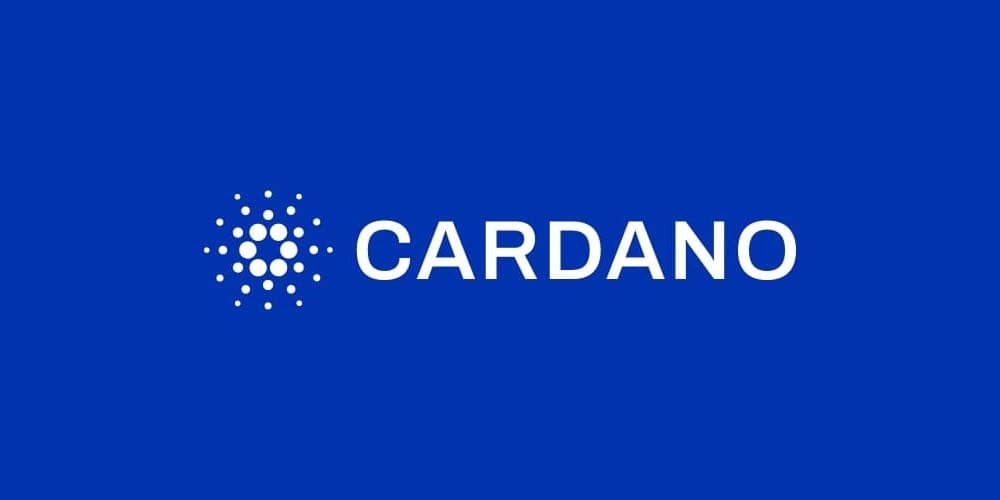The United States Securities and Exchange Commission (SEC) has formally closed its investigation into Yuga Labs, the company responsible for creating the high-profile Bored Ape Yacht Club (BAYC) NFT collection. The investigation, which began in October 2022, was focused on whether BAYC NFTs and associated tokens, such as ApeCoin, should be classified as securities. The SEC’s decision, announced on March 3, 2025, represents a significant milestone for digital asset regulation and is seen as a major victory for Yuga Labs as well as the broader NFT community. The closure of the probe comes amidst a broader shift in regulatory perspectives regarding digital collectibles and tokenized assets.
Background of the Investigation
In October 2022, the SEC launched an inquiry into Yuga Labs to determine whether the Bored Ape Yacht Club NFTs and the utility token ApeCoin met the criteria to be classified as securities under the Howey Test. This test is a longstanding legal framework used to assess whether an asset falls under U.S. securities regulations. The inquiry was part of a broader regulatory crackdown spearheaded by then-SEC Chair Gary Gensler, aimed at increasing oversight on the cryptocurrency and NFT industries. Market participants closely monitored the investigation, recognizing its potential implications for digital assets more broadly.
Throughout the process, Yuga Labs maintained its position that its NFT sales and token distributions did not constitute investment contracts. The company emphasized its adherence to existing regulations, working proactively to ensure compliance with evolving legal frameworks. Additionally, industry stakeholders warned that an expanded securities classification for NFTs could stifle innovation and create uncertainty in the digital asset sector. These concerns contributed to heightened debates on the future of crypto regulation.
The SEC's Decision
After more than two years of examination and industry deliberation, the SEC concluded its investigation without taking any enforcement action or filing charges against Yuga Labs. This decision was widely interpreted as a sign that the agency might be adjusting its stance on NFTs and digital assets. The move aligns with broader regulatory developments, wherein the SEC has recently softened its approach toward several crypto-related investigations.
Notably, the SEC has also dropped cases against multiple well-known crypto firms, including Coinbase, Kraken, OpenSea, and Uniswap Labs, signaling a potential shift in the regulatory landscape. Analysts speculate that these regulatory decisions could provide greater clarity and stability for NFT marketplaces and digital asset ecosystems moving forward. Furthermore, industry advocates see this outcome as an opportunity for continued innovation and responsible growth in the NFT space.
In a public statement, Yuga Labs expressed relief and enthusiasm regarding the SEC’s announcement, calling the investigation’s closure a "monumental win for NFTs and digital creators." The company reiterated its commitment to fostering a thriving NFT ecosystem while maintaining compliance with regulatory considerations. The broader crypto community echoed similar sentiments, regarding the decision as a positive step in achieving regulatory certainty for blockchain-based digital assets.
Implications for the NFT Market
The conclusion of the SEC’s investigation into Yuga Labs could set a meaningful precedent for how NFT collections and related tokens are regulated in the future. With the shift in enforcement approaches, NFT creators and marketplaces may experience reduced legal scrutiny, allowing for continued platform development and expansion. However, some legal experts caution that while this decision removes immediate concerns, future regulatory actions could still shape how NFTs fit within existing financial frameworks.
Meanwhile, in response to the investigation's closure, the floor price of Bored Ape Yacht Club NFTs experienced a brief uptick, reflecting market optimism. However, long-term trends indicate that BAYC and other blue-chip NFT projects are still recovering from the broader market downturn since 2022. Additionally, ApeCoin saw a price fluctuation following the news, with analysts attributing the movement to shifting trader sentiments about the token’s regulatory standing and utility.
Conclusion
The SEC’s decision to conclude its investigation marks a turning point for the NFT industry and reinforces the need for clearer regulatory guidelines surrounding digital collectibles. While questions remain about long-term compliance strategies and potential future regulations, the outcome has provided Yuga Labs and other NFT projects with renewed confidence in continuing their operations. As the industry evolves, stakeholders will continue to monitor regulatory developments while advocating for a balanced approach that supports both consumer protection and innovation.
For now, the NFT space breathes a collective sigh of relief, as the SEC’s decision provides much-needed stability in a rapidly changing digital landscape. Moving forward, the regulatory dialogue surrounding NFTs and digital assets will undoubtedly continue, shaping the next phase of decentralized finance and blockchain-based creativity.





Comments